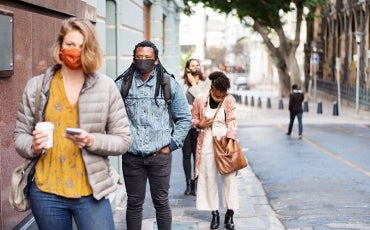Skip to main content
 Rights and Freedoms
Rights and Freedoms
 Rights and Freedoms
Rights and Freedoms
 Commission - General
Commission - General
 Childrens Rights
Childrens Rights
 Rights and Freedoms
Rights and Freedoms
 Childrens Rights
Childrens Rights
 Childrens Rights
Childrens Rights
 Rights and Freedoms
Rights and Freedoms
 Rights and Freedoms
Rights and Freedoms
 Rights and Freedoms
Rights and Freedoms
 Rights and Freedoms
Rights and Freedoms
 Rights and Freedoms
Rights and Freedoms
 Rights and Freedoms
Rights and Freedoms
 Asylum Seekers and Refugees
Asylum Seekers and Refugees
 Aboriginal and Torres Strait Islander Social Justice
Aboriginal and Torres Strait Islander Social Justice








